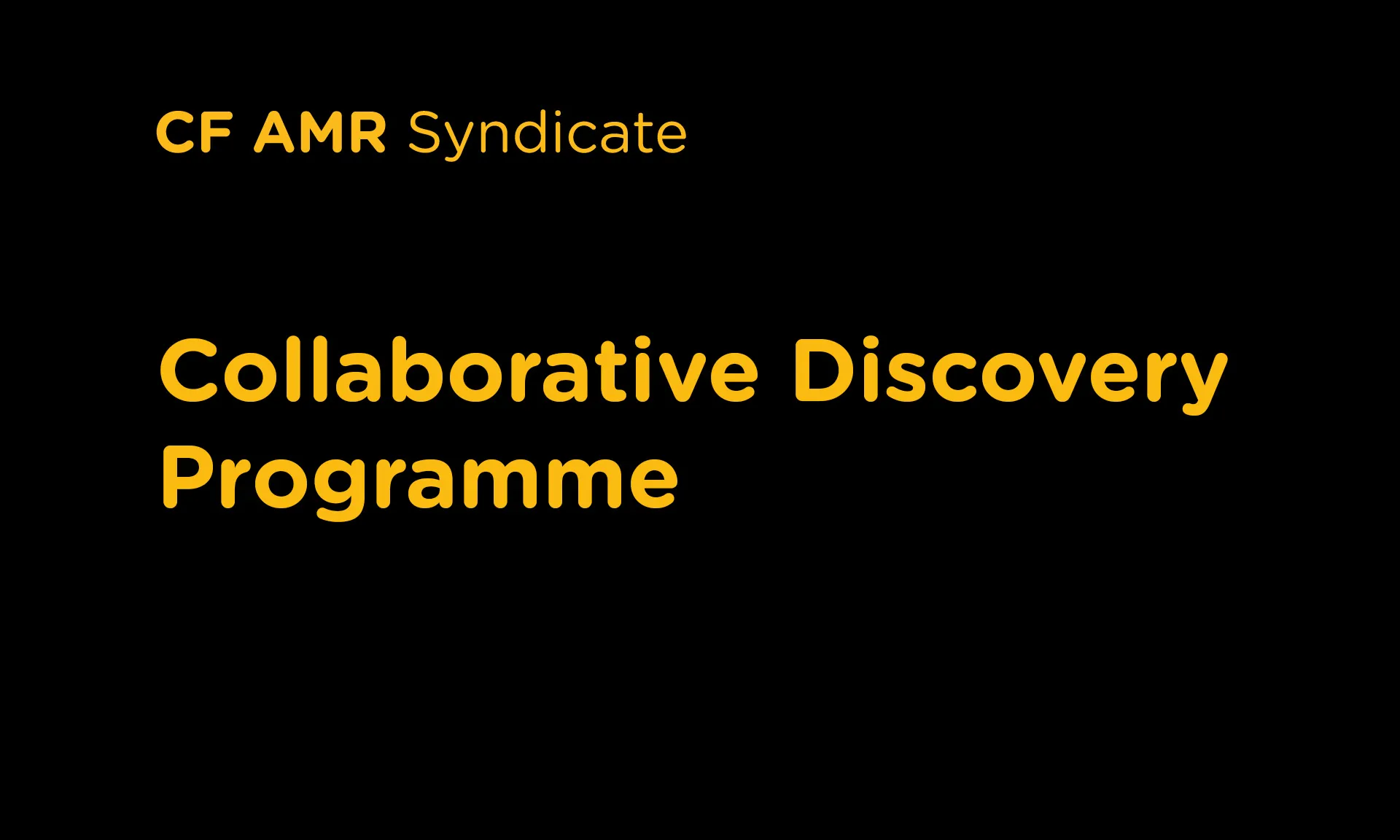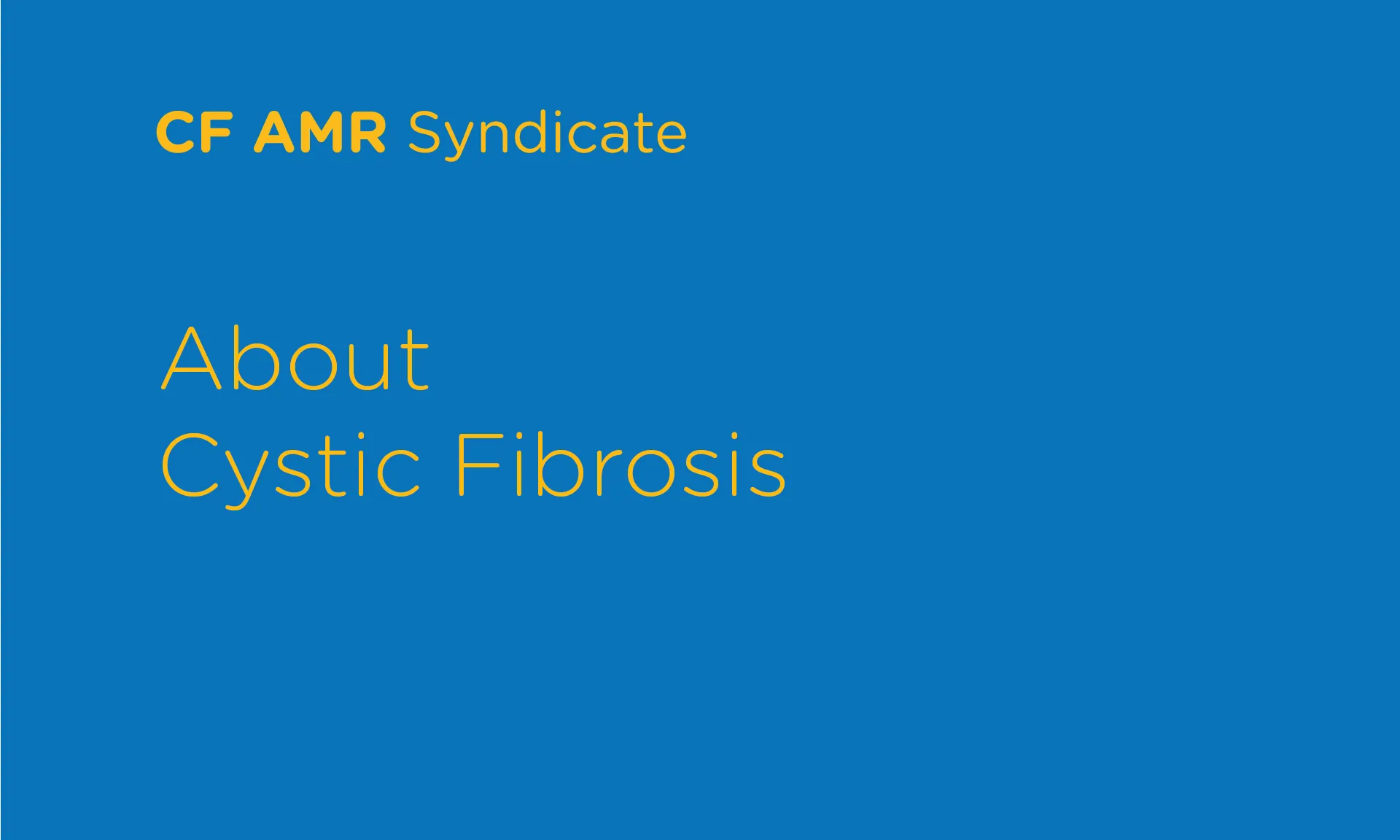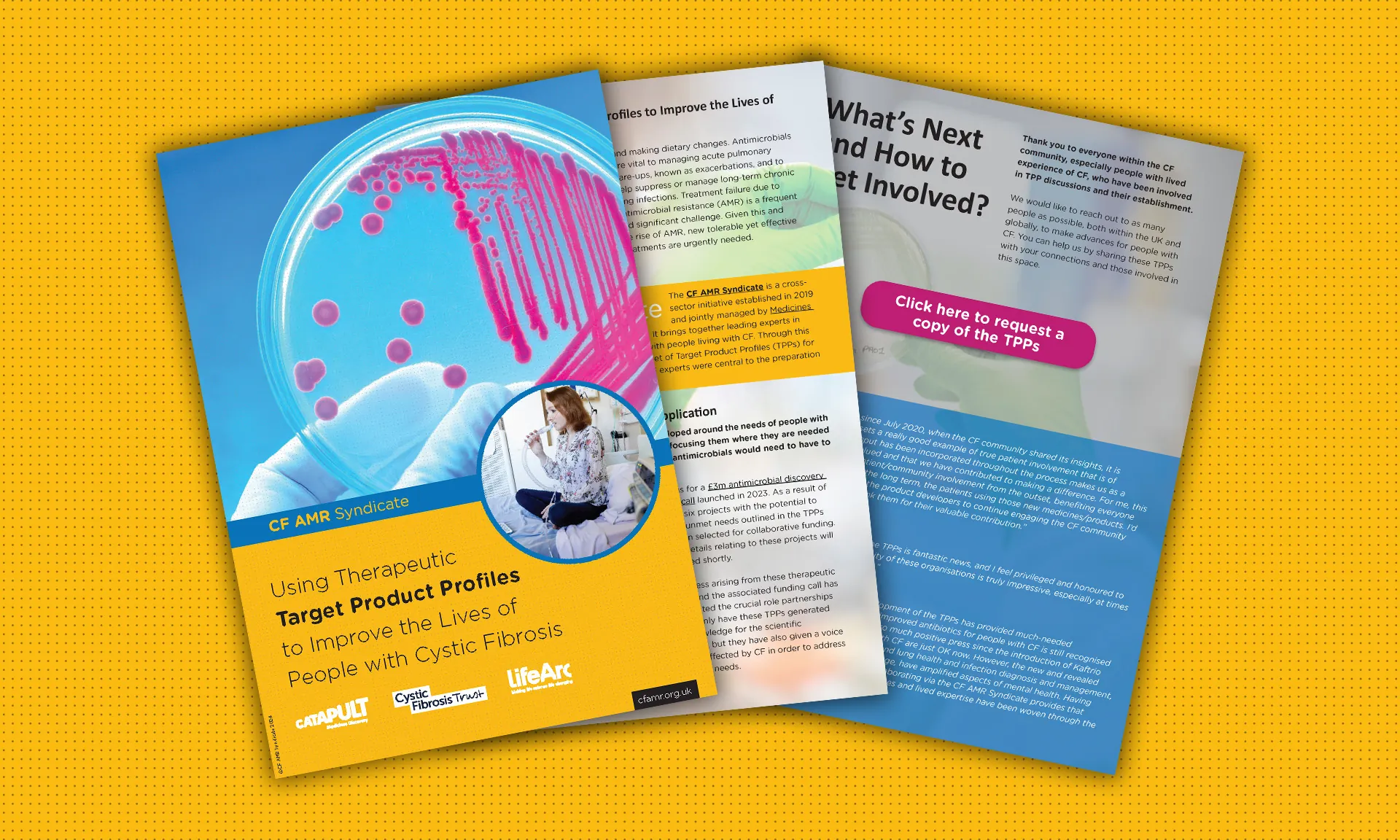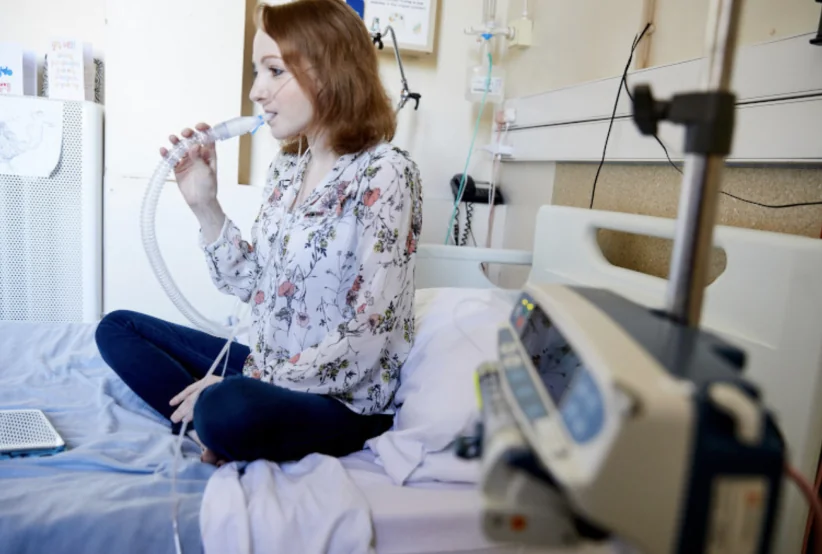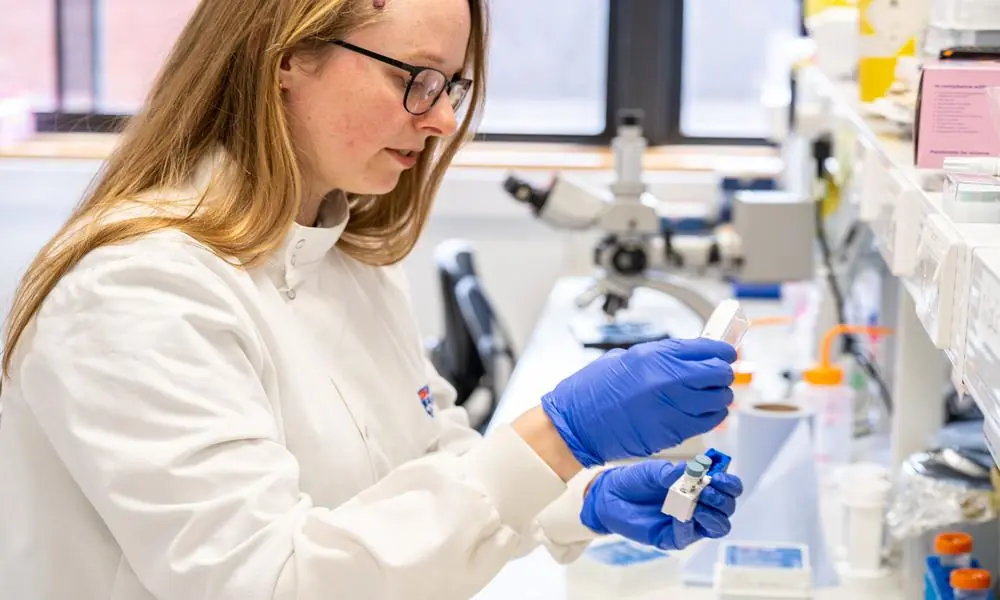People with CF are susceptible to recurrent lung infections that over time can lead to a progressive worsening of lung function.
Current clinical practice for diagnosing lung infections in CF is centred on the detection of pathogens from sputum or cough/throat swabs through standard culture techniques.

There are limitations with current approaches, which include:
01
Slow time to results as culture techniques can take several days as standard, or several weeks for some slow growing pathogens.
02
A lack of consensus on what is defined as a pulmonary exacerbation. Signs and symptoms can vary from person to person leading to uncertainty on when clinical intervention is required.
03
Limited understanding of when detection of key CF pathogens, such as aeruginosa, requires clinical intervention.
04
Lack of confidence in the reliability of antimicrobial susceptibility testing for some key CF pathogens and uncertainty around the clinical utility of the data, with many studies having shown little association between susceptibility data and clinical outcomes.
05
The availability of expectorated sputum has largely decreased with widespread use of highly effective modulator therapy use among people with CF.
Development of New Diagnostics
To catalyse the development of new diagnostics, the CF AMR Syndicate, together with the NIHR Newcastle HeathTech Research Centre (HRC), have worked extensively with the wider community, engaging with over 150 stakeholders to understand the unmet diagnostic needs and develop a suite of diagnostic Target Product Profiles (TPPs) for CF lung infections.
These TPPs describe the characteristics of new diagnostic tests and technologies that would if developed address the needs and priorities of people with CF.

Diagnostic TPP Development: Our Approach
01
02
03
04
TPP Development Process
Focus Group
Write & Refine
Survey for Consensus
Symposium
Publication
Dissemination
Virtual Symposium on Diagnostics
In December 2023, we convened a virtual symposium gathering together people with lived experience of CF, experts from the clinic, academia, industry, and wider to discuss urgent needs in CF diagnostics. Outputs from the event were used to further refine the diagnostic TPP guidance document. Key takeaways from the event were as follows:
- The need to adapt clinical practice in line with the evolving CF population due to advancements like Highly Effective Modulator Therapy (HEMT), specifically reducing reliance on sputum samples.
- The necessity for developing new diagnostic tests that provide better guidance for intervention strategies during infections and exacerbations.
- The importance of collecting and storing CF-related biospecimens and associated metadata to support research and development effectively.
- Prioritising a shift towards a more personalised approach to care, enabling greater patient involvement and shared decision-making.
- The significance of interdisciplinary collaboration and incorporating the perspectives of individuals with lived experience of CF throughout diagnostic development.
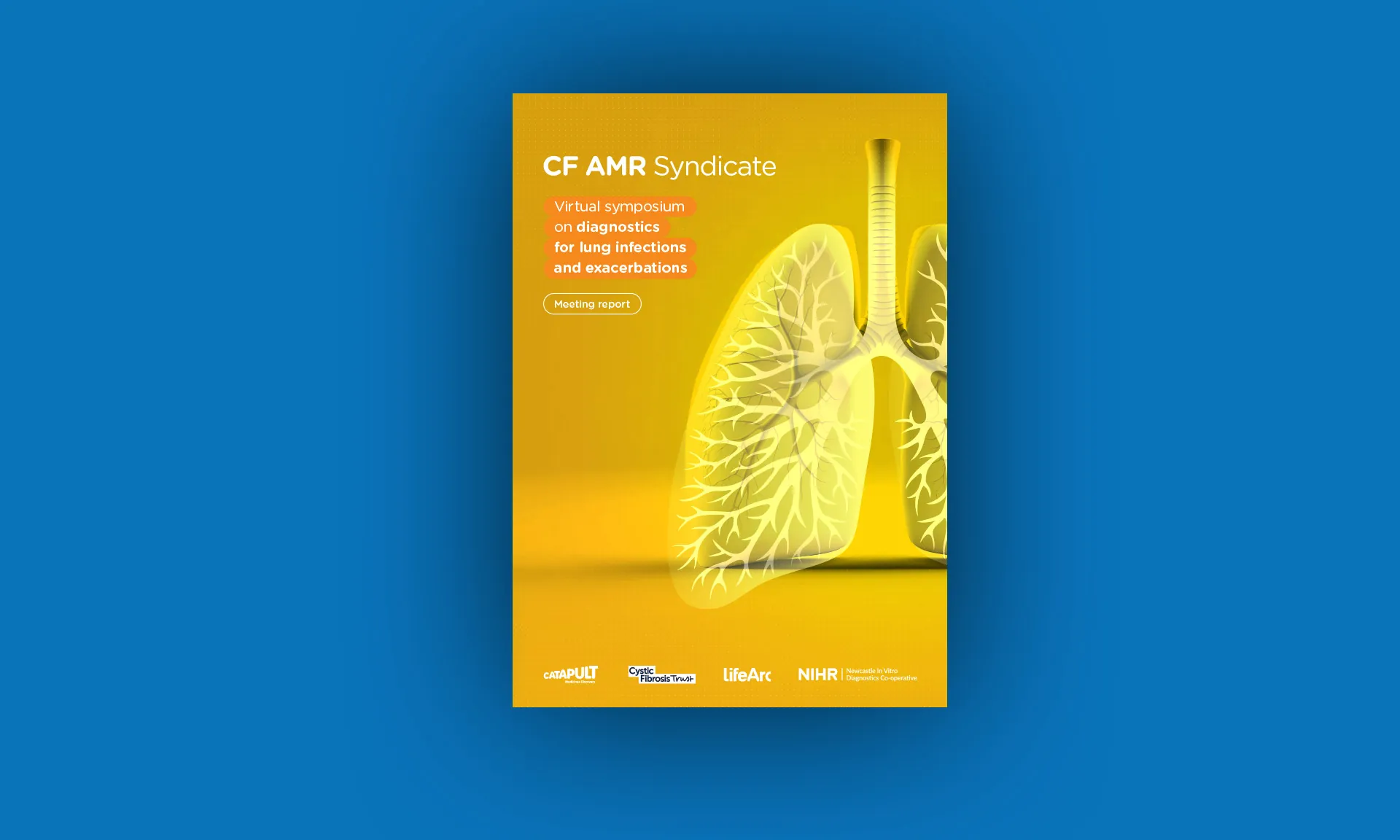
Access the TPPs for Diagnostics
Please complete the form to request a free copy of the TPPs and a digital copy will be sent to you.

